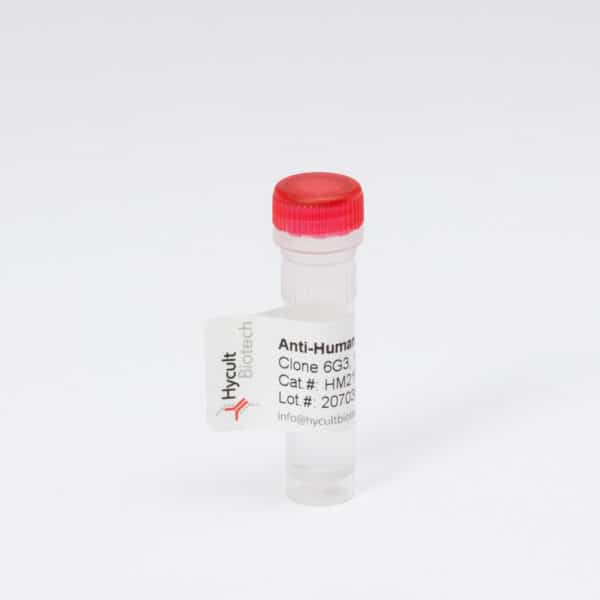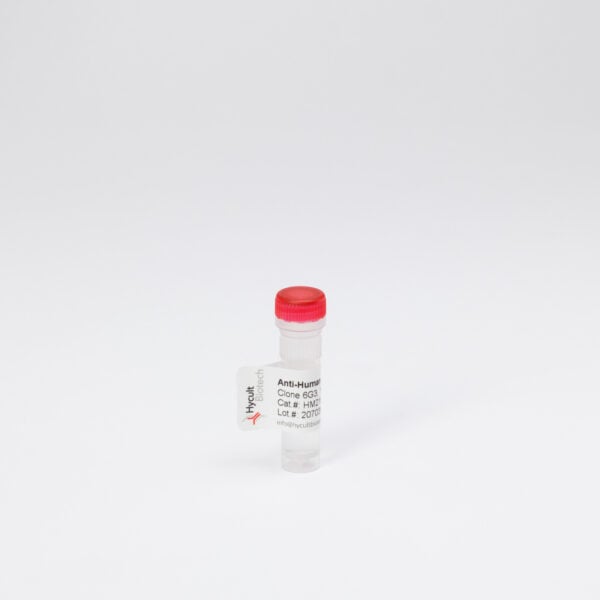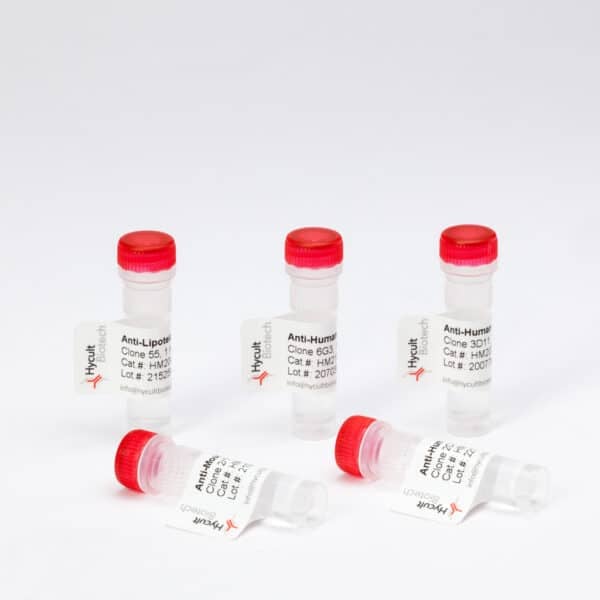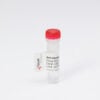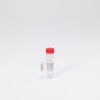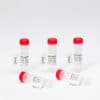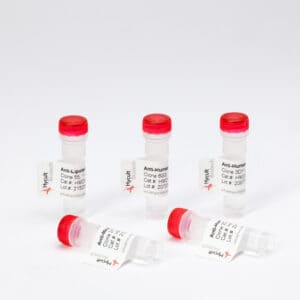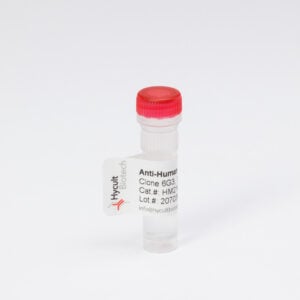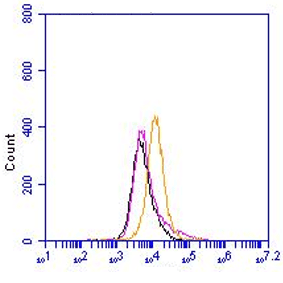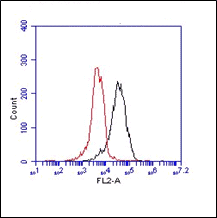Alpha-1-antitrypsin, Human, mAb 3C11
€139.00 €1,294.00Price range: €139.00 through €1,294.00
Antibody clone 3C11 recognizes both the healthy monomeric form (M variant) and the disease associated polymeric forms (Z variants) of human alpha-1-antitrypsin with equal affinity. Alpha-1-antitrypsin is a member of the serine protease inhibitor (serpin) superfamily which are proteins known for their ability to inhibit proteases. It is the most abundant circulating protease inhibitor known. It mainly targets enzymes released by neutrophils, especially neutrophil elastase (NE) but also proteinase 3 (PR3) and Cathepsin G (CG). Serpinopathies are conformational diseases characterized by the polymerization and intracellular retention of members of the serpin superfamily. The best known is alpha-1 antitrypsin deficiency, with the most common severe deficiency allele being the Z mutation (Glu342Lys). This severe autosomal dominant disorder causes the protein to undergo a conformational transition and form ordered polymers that are retained within hepatocytes. Due to this accumulation of polymers in hepatocytes, blood alpha-1 trypsin levels will decrease leading to chronic uninhibited tissue breakdown. This causes the degradation especially of lung tissue which will eventually lead to pulmonary emphysema. In addition, accumulation of polymers in hepatocytes causes liver diseases such as neonatal hepatitis, cirrhosis, and hepatocellular carcinoma.
W: Non-denaturing (3–12% NativePAGE Bis–Trisgel) and SDS-PAGE gels were used to separate the samples. 6 M urea gel was prepared with 8% acrylamide (w/v) and 0.375 M Tris buffer (Ref.2). Both reduced and non-reduced sample treatment can be used.
